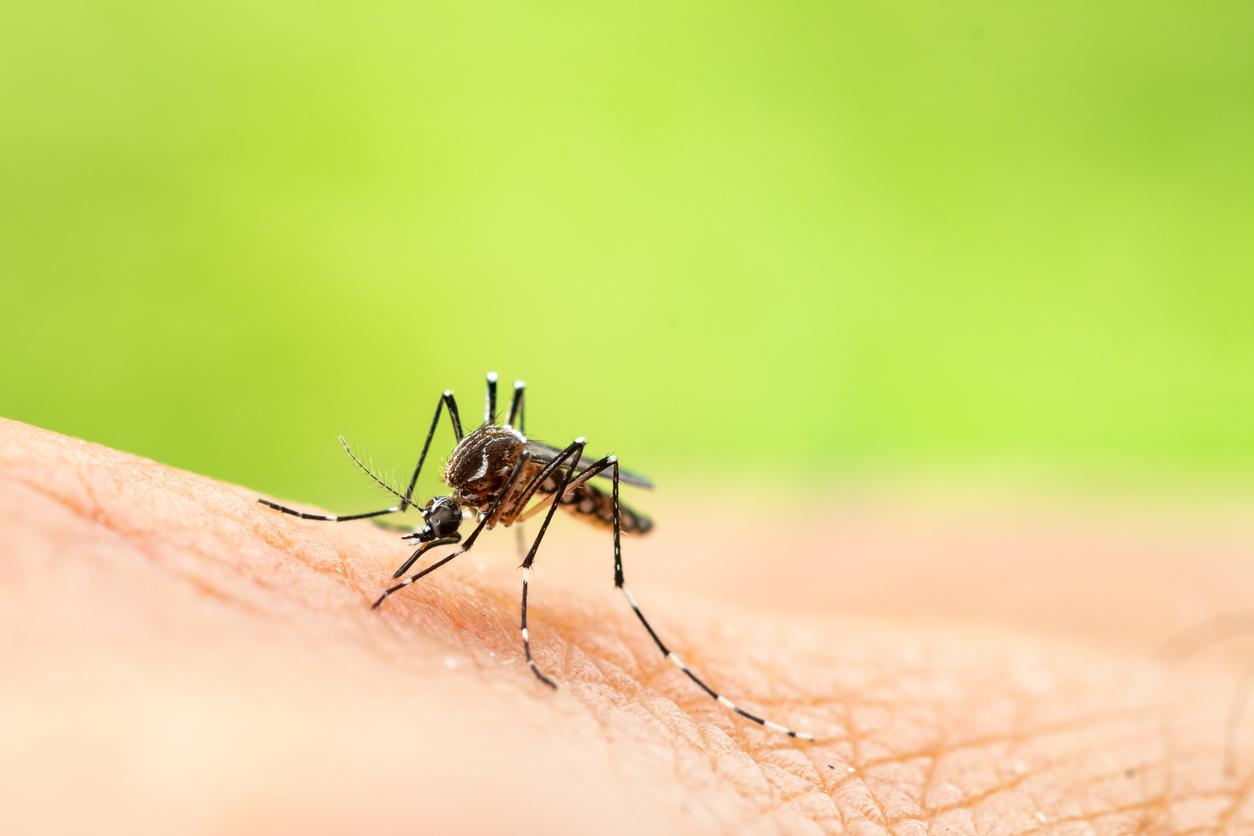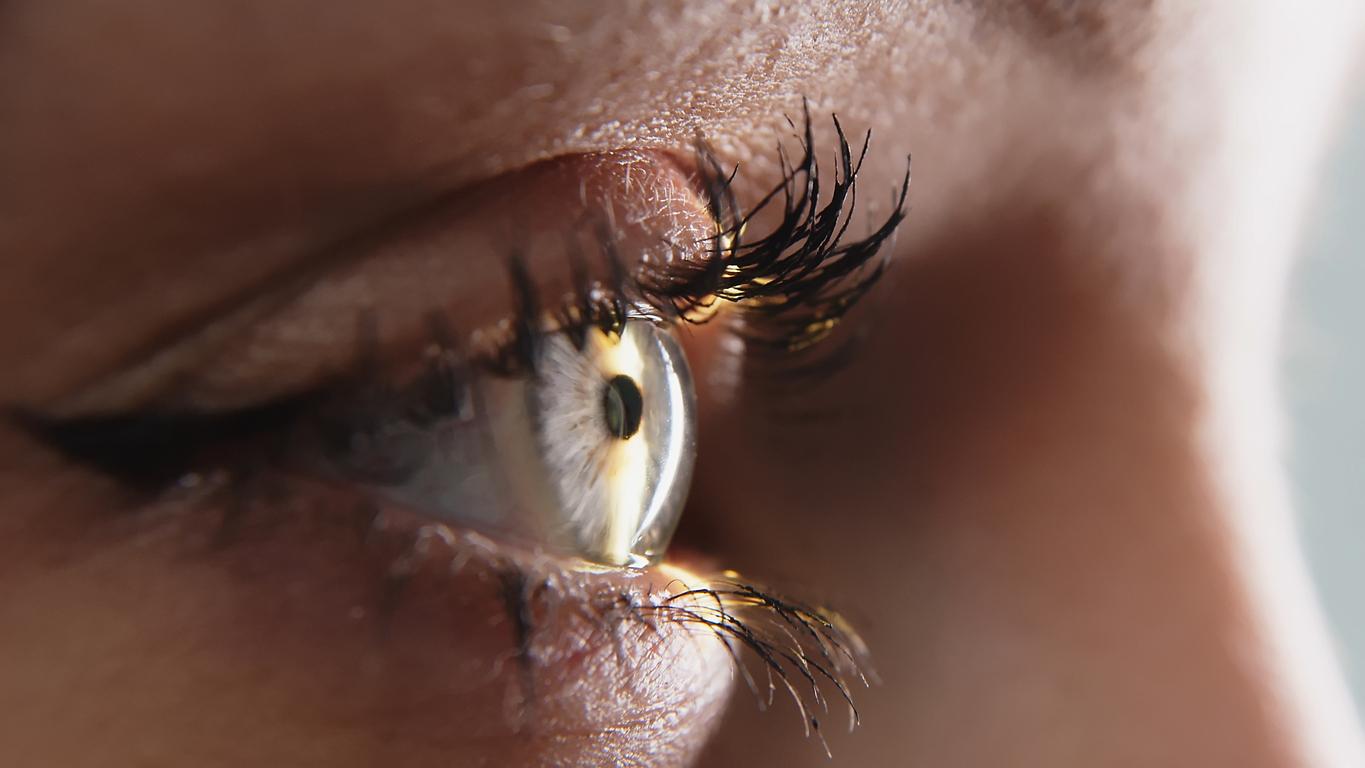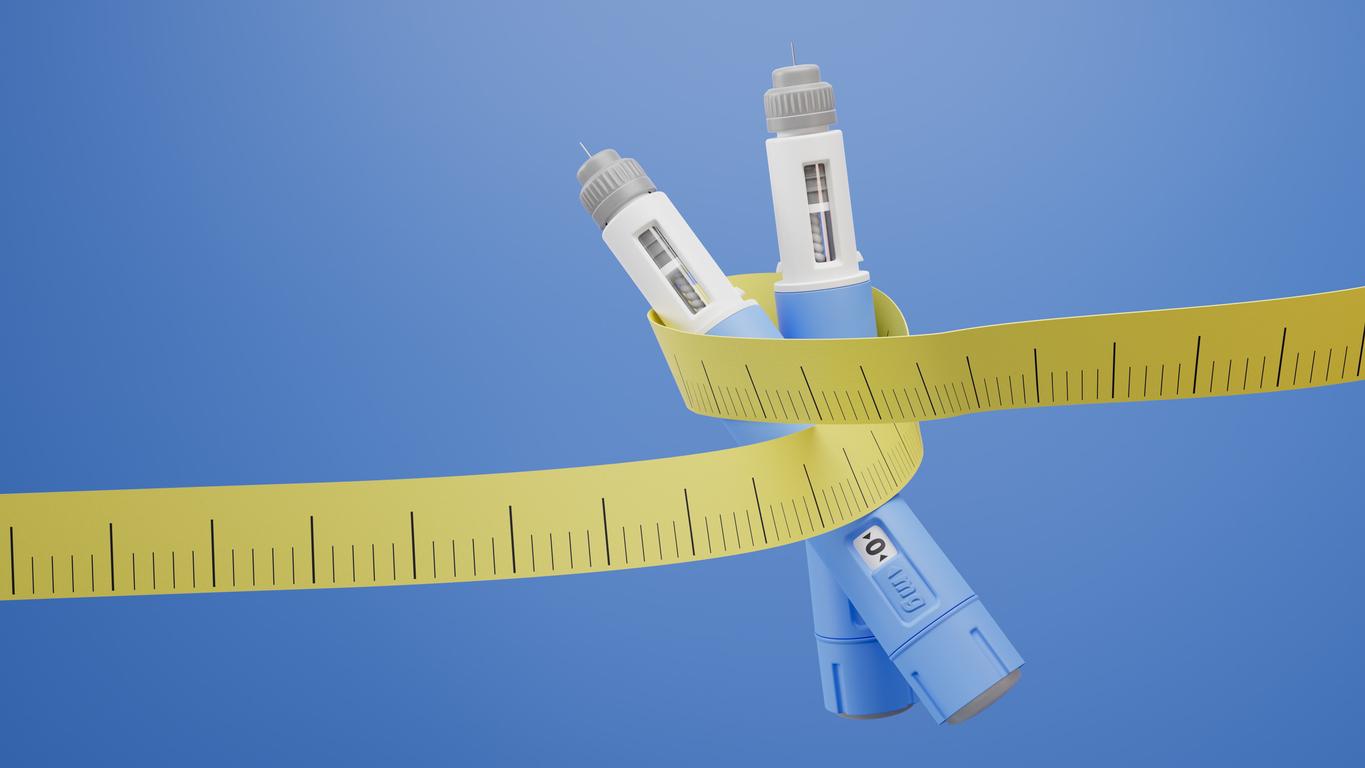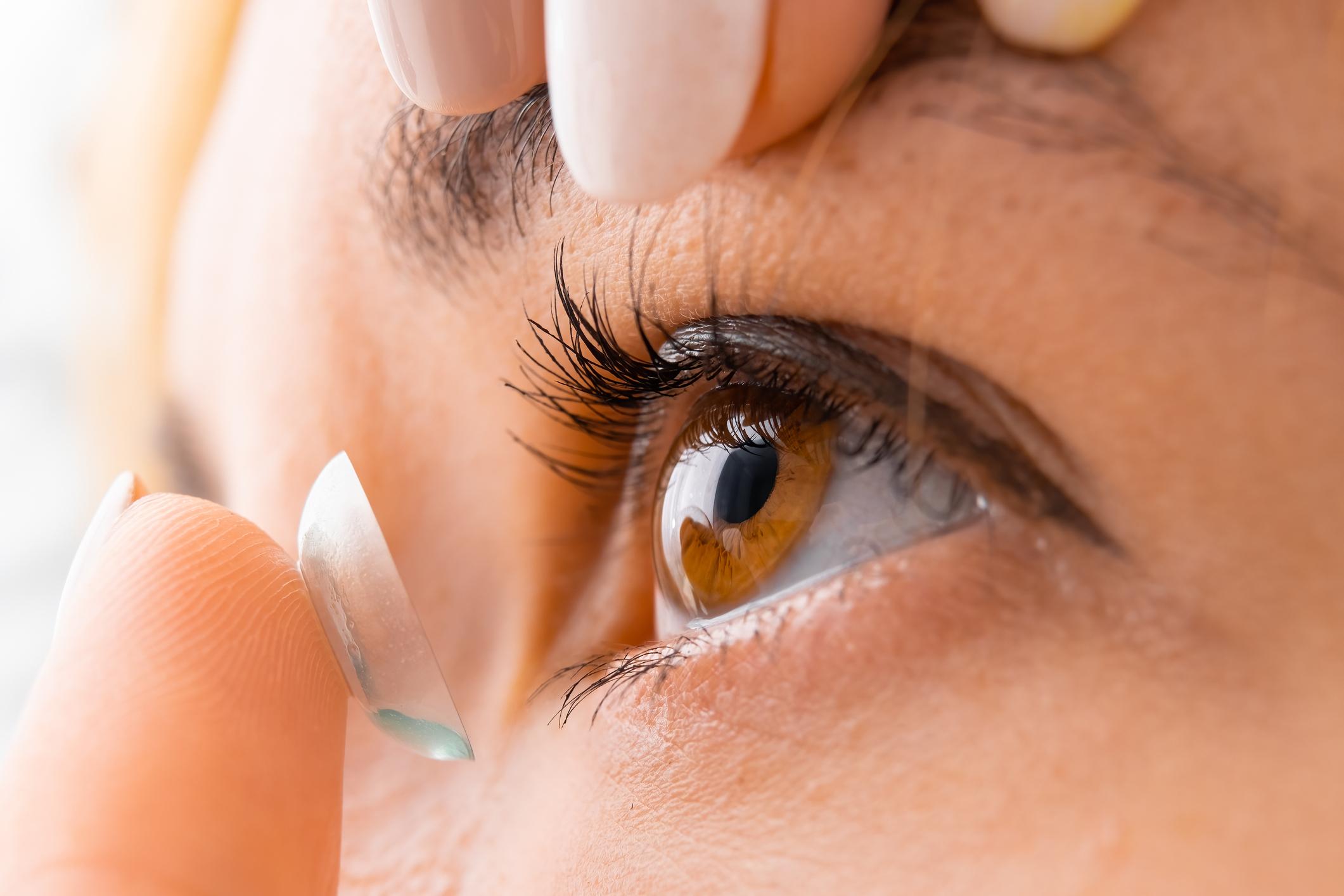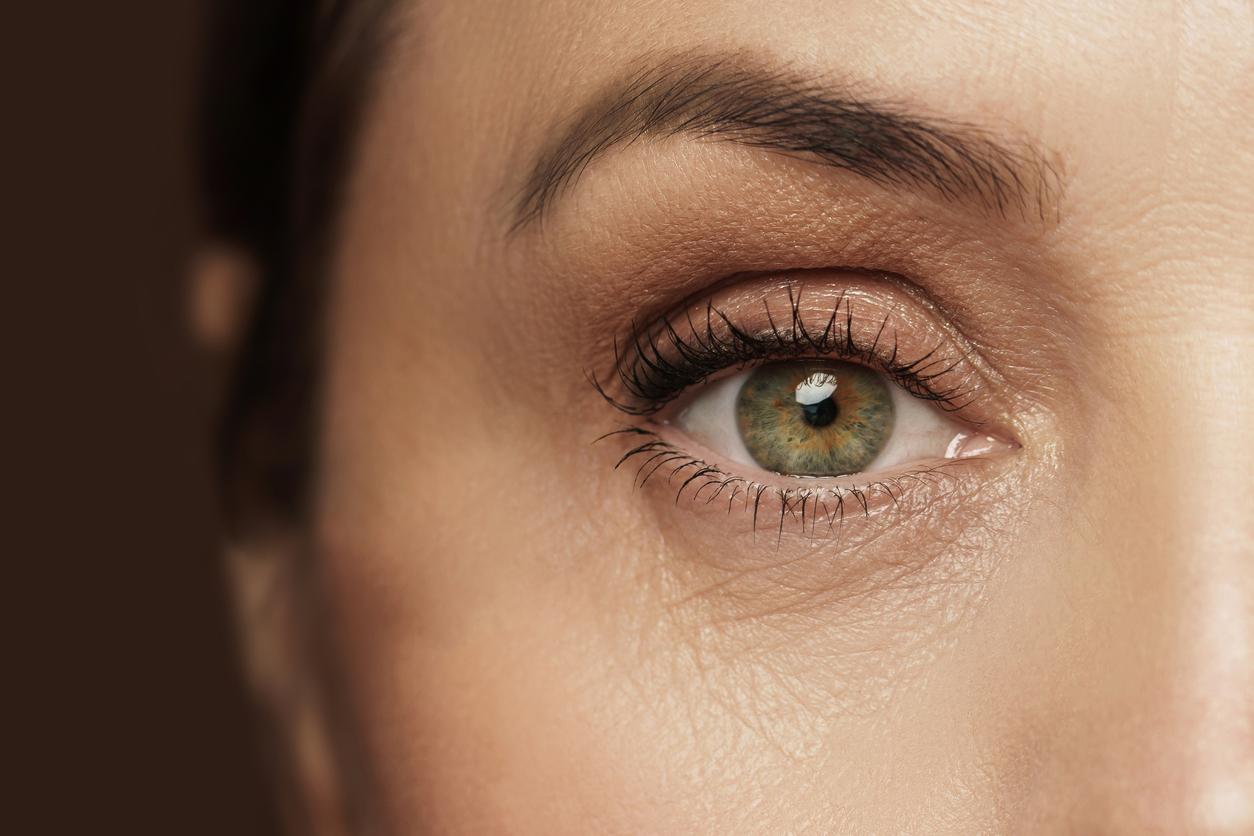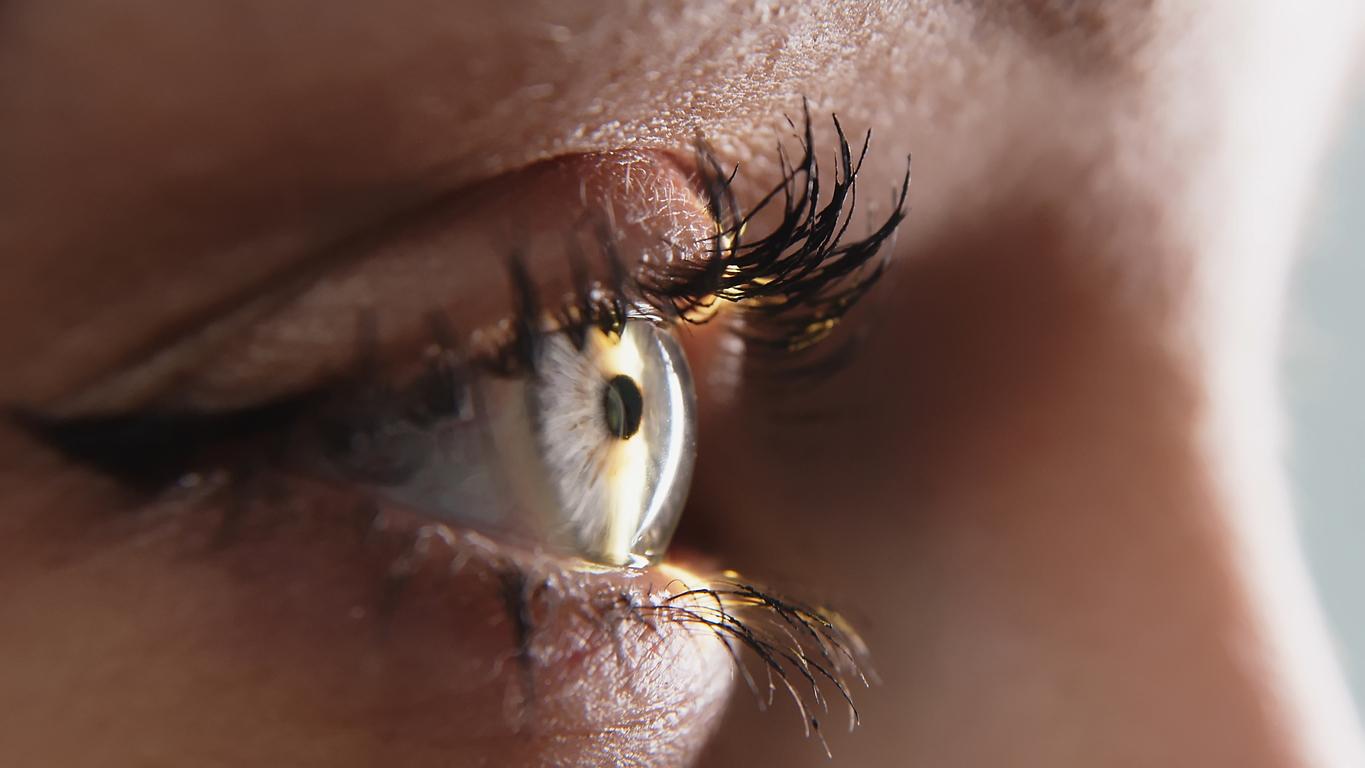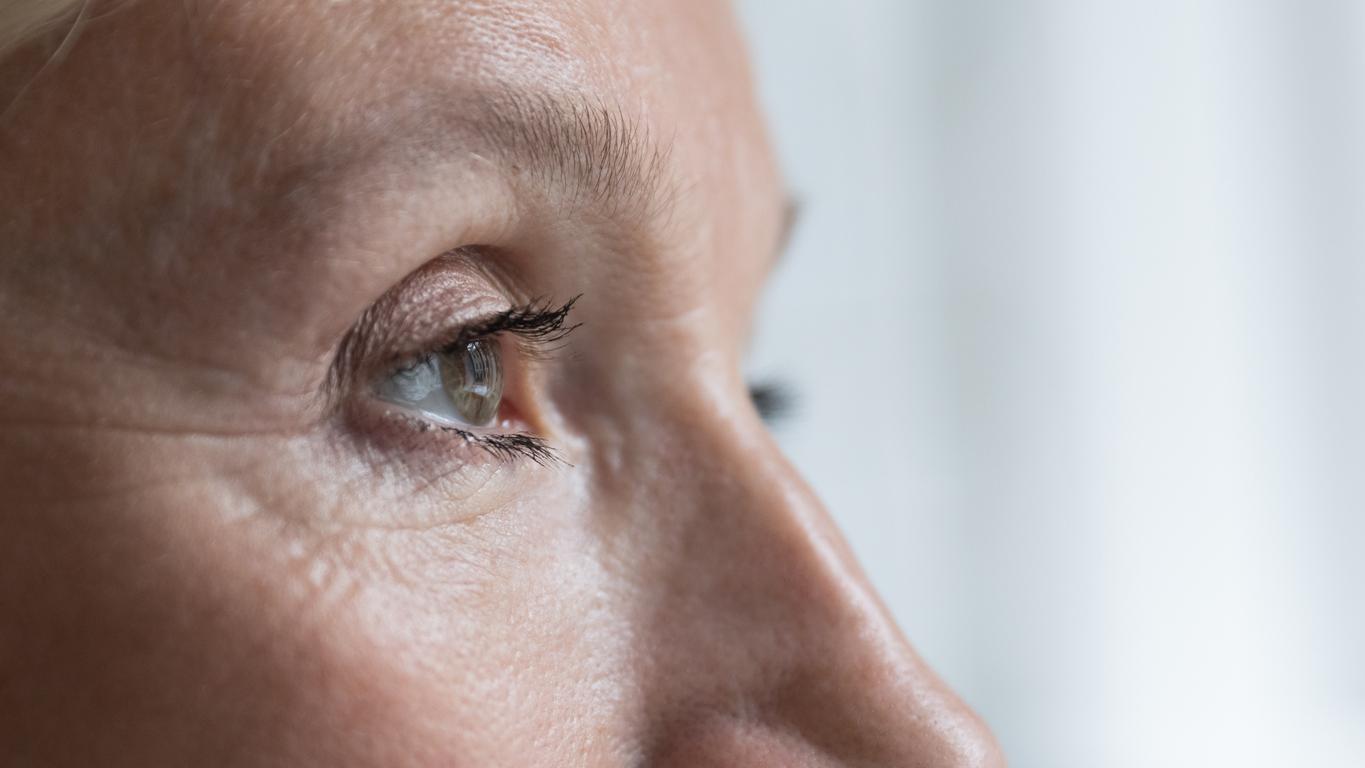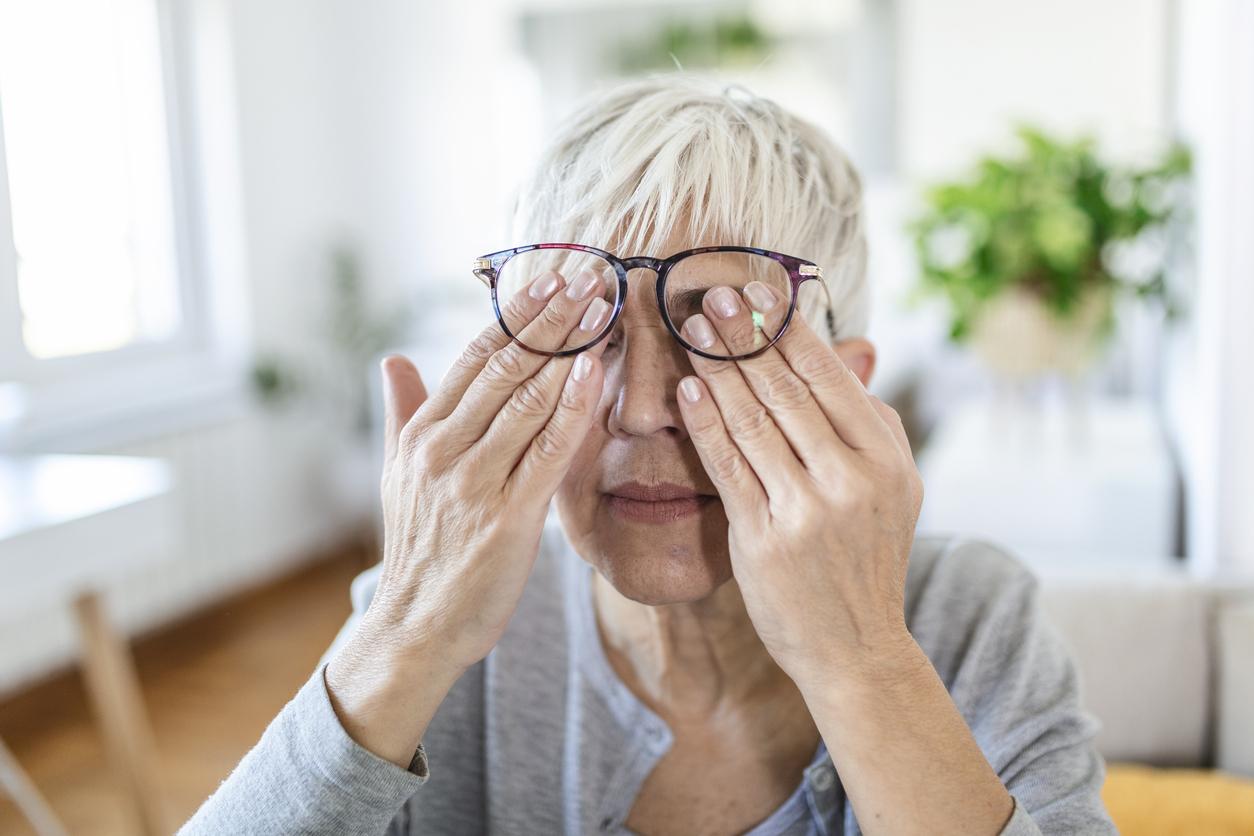Chinese researchers have developed a smart transparent optical prosthesis to monitor changes in the internal pressure of the eye. This treatment would make it possible to limit the progression of glaucoma, more specifically to reduce the risk of becoming blind.
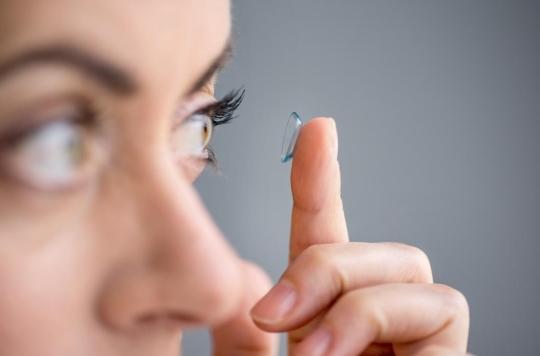
- In France, 800,000 people are undergoing treatment for glaucoma, but 400,000 to 500,000 have this eye disease without knowing it.
- About 30% of glaucoma is hereditary.
- In 90% of cases, patients suffer from chronic open-angle glaucoma, ie both eyes are affected simultaneously.
After age-related macular degeneration, glaucoma is the second leading cause of blindness in developed countries. To prevent patients suffering from this eye disease from being deprived of the sense of vision, doctors prescribe different treatments (eye drops, laser, surgery, etc.). The goal: to protect the optic nerve by reducing intraocular pressure in order to slow the progression of the pathology.
Recently, scientists from Sun Yat-Sen University in China revealed that they have developed a new method that would reduce the risk of going blind. “Designing wearable devices that can track intraocular pressure and deliver medication in return is highly desirable for the treatment of glaucoma, but remains challenging,” the team said.
The lens monitors intraocular pressure fluctuations and administers medications
In a study published in the journal NatureCommunications, researchers have developed smart contact lenses. The latter would be able to constantly monitor fluctuations in the pressure of the eye. When certain thresholds are reached, they would automatically administer drugs through the corneal barrier, in order to provide direct relief and prevent damage.
“The minimally invasive and smart features make the theranostic contact lens a very promising system for the treatment of glaucoma,” can we read in the works. According to the researchers, this device could be associated with an application in order to give patients information on the health of their eyes.
So far, the researchers have tested their smart contact lenses on rabbits and pigs. They found that they were actually able to continuously monitor changes in intraocular pressure and administer brimonidine, an anti-glaucoma drug, when needed.






